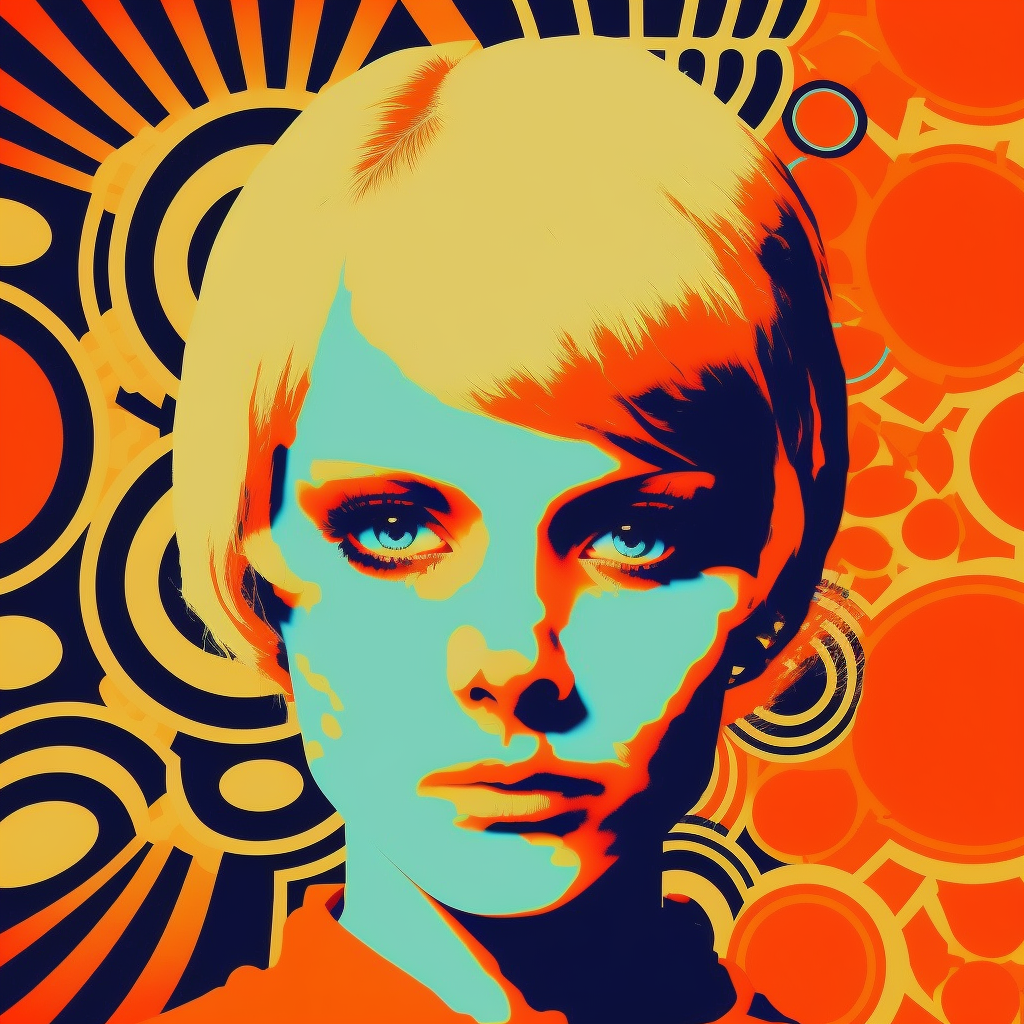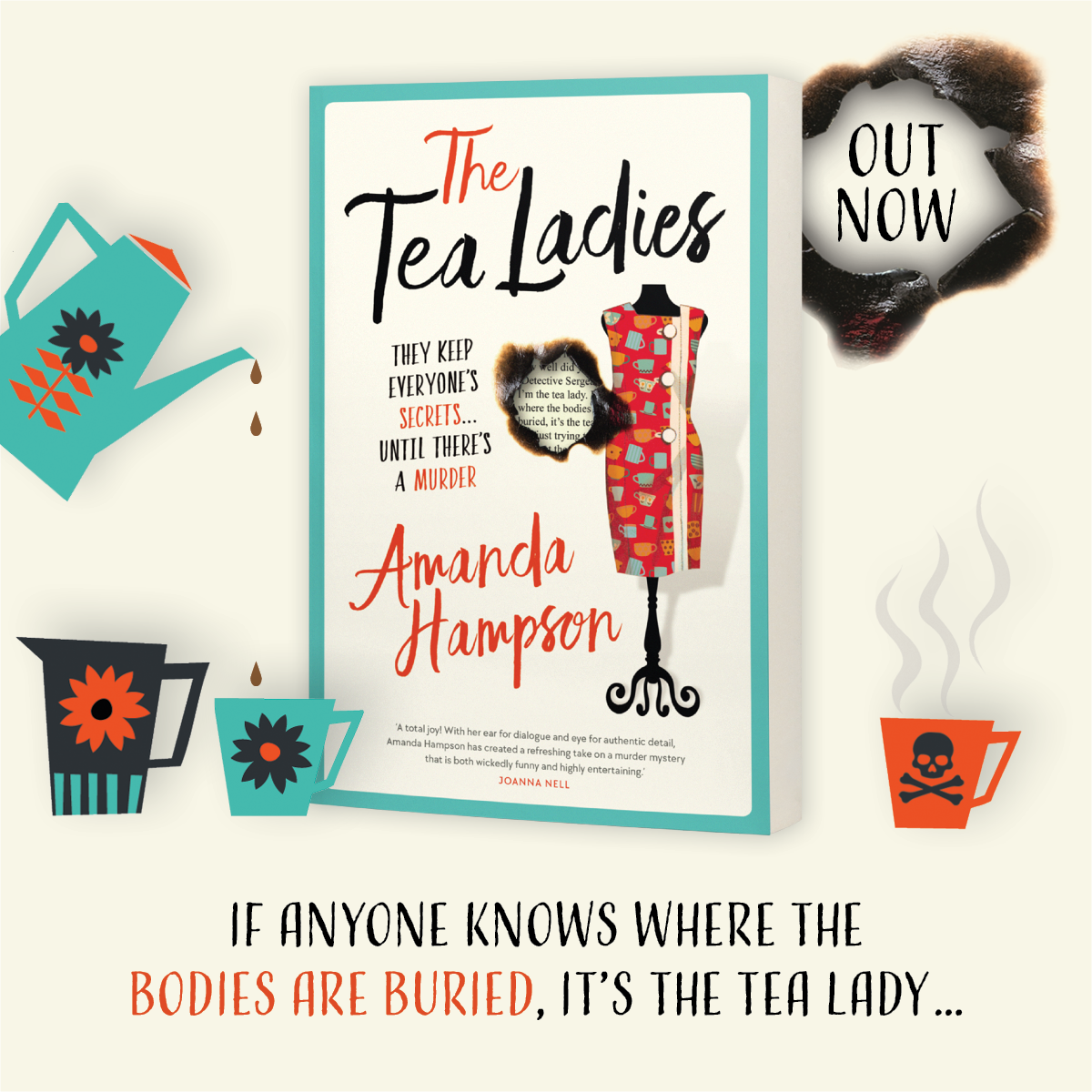Was the Sixties all it’s cracked up to be?
The Sixties is often referred to as the "golden age" of counterculture; think hippie and ‘mod’ fashions, free love, and psychedelic music. But was it really as fun as they say? Or is that a myth perpetuated by the boomer generation?
The Upside:
As someone who was a teen at the time, I can confirm it was an exciting time to be young. Born in the post-war ‘baby boom’ of the late forties and the fifties, we were a fresh generation, and by the early sixties, on numbers alone, it was clear that we would be a force to be reckoned.
In the early part of the decade, creativity blossomed in music, design, fashion and art. Young people wanted to revolutionise the world. London was the epicentre of cool. The music and the fashion coming out of Britain was exciting and irresistible. Even in my remote corner of rural New Zealand we had magazines like ‘Jackie’ (arriving at the newsagent months after they were published in the UK) connecting us with ‘Swinging London’ on other side of the world.
Music divided generations. ‘Turn down that bloody racket!’ was a common refrain from our parents. While the established radio stations insisted on playing ‘oldie’ music like Bing Crosby and Val Doonican, we tuned in to pirate radio for the latest hits. These illegal private radio stations were based on ships outside the three-mile territorial limit, which made them all the more illicit and exciting.
Teens of the sixties danced to the latest LP (having saved for weeks to buy it) we went to ‘happenings’ where we listened to poetry, music and soapbox lectures about the joys of socialism. Suddenly young people had a voice and opinions, and we were less inclined to listen to the ‘oldies’– defined as anyone over the age of twenty-five.
Most of us were (unknowingly) ‘working class’ and money had been in short supply for generations, so we didn’t know any different. We remember these ‘simple times’ fondly but it wasn’t a lifestyle choice, it was just how things were.
But it wasn’t all was sunshine and rainbows.
The Downside:
The era was also marked by widespread political and social upheaval, including anti-war protests, civil rights demonstrations, and cultural clashes between generations.
The older generation were shocked by the speed of change. Politics, skirt lengths, long hair on males, sex, alcohol and drugs were all flashpoints for parents and teens; getting ‘kicked out of home’ became a common way to fly the nest.
All in all, it wasn’t a great time for women. The second wave of feminism was still to come; the idea of equality was but a distant dream. Women had to give up work when they married and couldn’t get a loan without their husband’s permission. Jobs for women were mainly restricted to teaching, nursing and secretarial or clerical work.
The Pill, although not available to single women, changed the way the younger generation thought about sex but sex education took a while to catch up and teen pregnancies were commonplace. The Victorian morality of earlier times still pervaded and pregnant young women (known as unwed mothers) were usually sent away and babies born ‘out of wedlock’ were given up for adoption.
In 1964, the Australian government introduced compulsory conscription, sending young men to the American war in Vietnam which sparked years of protest marches. The older generation was divided between those who didn’t agree with sacrificing young men, and those who believed they were fighting a ‘red wave’ that would otherwise engulf the world.
The Cold War was still going strong, and at the start of the Sixties, there was a very close shave with all-out nuclear war and protests to ‘Ban the Bomb’ continued throughout the decade.
It wasn’t a good time to be a person of colour, racism was widespread and racial slurs against all nationalities were commonplace. Awareness of white privilege was beginning to grow, and the civil rights movement began to gather strength around the world.
In the End:
So, with all that in mind, was the Sixties as fun as they say?
The start of the Sixties was very different to the close when there was a slow collapse of dashed hopes and dreams of a new society. Some of my generation never quite recovered.
For my parents’ generation the rapid cultural change, and loss of control, was definitely stressful. But, I must confess, that I look back on that era with nostalgia.
Even though I lived on an isolated farm in remote New Zealand, I felt a part of that ‘youthquake’ that shook the world. There was sense of freedom and optimism of that time, and a belief in the possibilities, that has become the envy of the generations to follow.
The Sixties wasn’t perfect but it was unique and memorable. I feel lucky to have experienced it and thoroughly enjoyed bringing it back to life in the story of ‘The Tea Ladies’.
The Tea Ladies by Amanda Hampson
A wickedly witty cosy crime novel set in Sydney in the swinging sixties, ideal for fans of Richard Osman and Bonnie Garmus.


